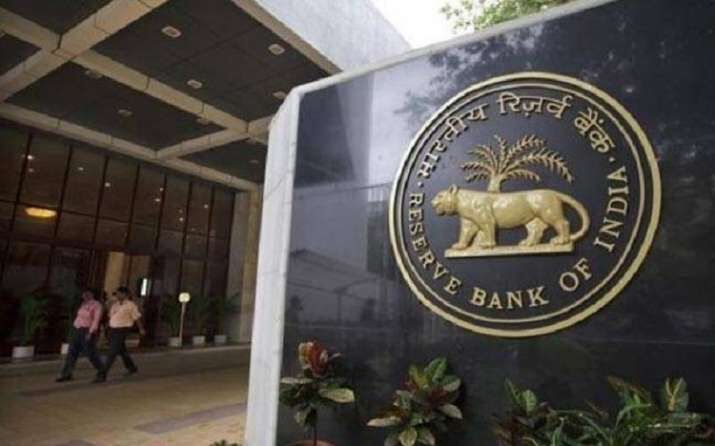Introduction of digital rupee proposed, to be issued by RBI

New Delhi: The Reserve Bank of India (RBI) will introduce digital currency in the next financial year beginning April 2022 to boost the digital economy and efficient currency management, Finance Minister Nirmala Sitharaman proposed in her Budget 2022-23 speech on Tuesday.
The introduction of a central bank digital currency will give a big boost to the digital economy. Digital currency will also help in the currency management system, the minister said.
"Digital currency will also lead to a more efficient and cheaper currency management system. It is therefore proposed to introduce digital rupee using blockchain and other technologies to be issued by the Reserve Bank of India, starting 2022-23," Sitharaman said.
She also said Rs 1 lakh crore financial assistance to states will be provided in 2022-23 to catalyse investments.
The Finance minister further said that in 2022-23, states will be allowed a fiscal deficit of up to 4 pc of GSDP (Gross State Domestic Product).
Giving clarity on taxation of cryptocurrencies and other virtual assets, Sitharaman on Tuesday proposed a 30 per cent tax on income from transactions in such assets.
Also, to bring such assets under the tax net, she proposed a 1 per cent TDS (Tax Deducted at Source) on transactions in such asset classes above a certain threshold. Gifts in crypto and digital assets will also be taxed, she said.
The threshold limit for TDS would be Rs 50,000 a year for specified persons, which include individuals/HUFs who are required to get their accounts audited under the I-T Act.
Also, no deduction in respect of any expenditure or allowance shall be allowed while computing income from transactions in such assets. It has also specified that losses from the transfer of virtual digital assets will not be allowed to be set off against any other income.
The provisions related to 1 per cent TDS will come into effect from July 1, 2022, while the gains will be taxed effective April 1.
The minister also proposed to set up an expert committee to examine and suggest appropriate measures to scale up venture capital and private equity investment.
Venture capital and private equity invested more than Rs 5.5 lakh crore last year, facilitating one of the largest startup and growth ecosystems. Scaling up this investment requires a holistic examination of regulatory and other frictions, she said.
On blended finance, she said that the government-backed Funds NIIF and SIDBI Fund of Funds had provided scale capital, creating a multiplier effect.
For encouraging important sunrise sectors, such as climate action, deep-tech, digital economy, pharma and agri-tech, the government would promote thematic funds for blended finance with the government share being limited to 20 per cent and the funds being managed by private fund managers, the minister said.
Bringing in a scheme for the taxation of virtual digital assets in the Budget, she said there has been a phenomenal increase in transactions in virtual digital assets. The magnitude and frequency of these transactions have made it imperative to provide for a specific tax regime.
The TDS has been proposed to track the money trail in cryptocurrencies, she said. The gift of the virtual digital asset is also proposed to be taxed in the hands of the recipient. "Transactions happening in cryptoworld will be taxed," she said.
According to the Budget memorandum, TDS will apply in case the transfer is made in cash or in other virtual currencies.
Digital currency and assets like NFTs (non-fungible tokens) have gained traction globally over the past couple of years. Trading in these assets has increased multifold with cryptocurrency exchanges being launched. However, India did not have a clear policy on either regulating or taxing such asset classes.
"Creation of a blockchain-based central bank digital currency while bringing virtual digital assets under the tax net at the highest rate of 30 per cent will help reduce speculative play, especially in the cryptocurrency space," Shravan Shetty, MD, Primus Partners-Digital Currency, said. According to a survey, central banks, faced with dwindling usage of paper currency, seek to popularise a more acceptable electronic form of currency (like Sweden). Also, jurisdictions with significant physical cash usage seek to make issuance more efficient (like Denmark, Germany, Japan or even the US).
The central currency will help bring the benefit of a digital currency to the economy in a structured framework, Shetty added.



